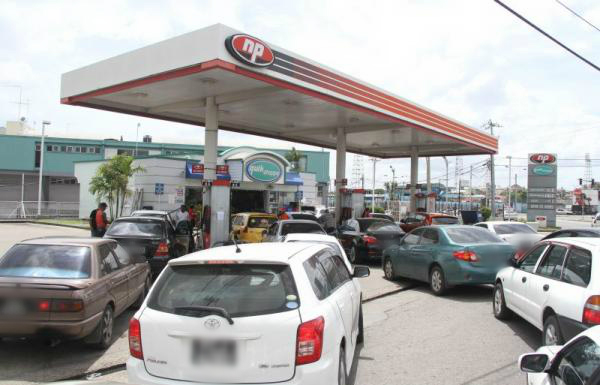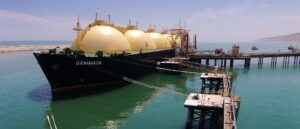
(TT Newsday, 19.Dec.2019) — Our fuel subsidy gobbles hundreds of millions that could be spent on improving the country and distorts the economy. It is time we scrapped the remaining fuel subsidy and lift the restrictions on fuel retailers that prevent them from importing fuel or setting its price.
We are lucky that Paria Trading and Unipet were able to stitch together a last-minute deal to prevent petrol shortages, save Unipet’s 600 workers, and avoid the shuttering of Unipet’s 24 stations and the loss of Paria’s $100 million in receivables.
But it was a very close thing. There is no guarantee it won’t happen again.
The fuel subsidy and gas regulations are the root of the problem. Right now, the State requires petrol stations and retailers to buy fuel from Paria Trading only, at full price. The State then subsidies part of the fuel and pays the petrol stations. To prevent the petrol stations from capturing the subsidy for themselves instead of passing it on to consumers, prices at the pump are limited by regulations.
What happened to Unipet was that they were owed $134 million in overdue fuel subsidy and VAT payments from the Government. But they still had to pay Paria for the fuel – to the tune of $100 million. Paria, though ultimately state-owned, operates as an independent entity, and understandably needed to collect their receivables in order to import fuel. Unipet had no way of raising revenue, as their fuel prices were capped by the State. Borrowing is always difficult for a company driven to that situation.
The Government meanwhile didn’t have enough revenue to pay on time. It wasn’t able to negotiate fixed payment terms that would permit it to meet its obligations, borrow money or collect more taxes to fill the gap.
With still fragile revenues, high interest payments and the rating agencies breathing down its neck, the State remains wary of borrowing more. Likewise, raising taxes would inflict more pain on an economy gradually emerging from recession; particularly in an election year. Collecting taxes requires reform and takes time to bring in cash.
The result: dry pumps and sleepless nights for hundreds of workers.
We can prevent this from happening again by simply scrapping the subsidy and the fuel cap. The taxpayer would save billions and the fuel retailers would no longer be caught between a pincer of regulation and unpaid regulations.
The fuel subsidy is unequal and unfair. The subsidy has contributed to huge traffic jams and environmental degradation. The rich disproportionately benefit: they are the ones that consume more duel-dependent goods and drive gas-guzzling cars. The subsidy redistributes money from the pockets of the middle class into those of the wealthy. Ultimately, what money that does go back into consumers’ pockets is largely used to purchase imported goods, worsening our foreign exchange position without doing anything for diversification. Money spent on the subsidy could be much better used to develop our creaking infrastructure or catalyse growth.
Why then is the subsidy persistently popular? That’s because we know how much money returns to our pocket. We have accepted inefficiencies as the price of keeping subsidy funds from otherwise being stolen or misspent by politicians and officials that few trust. Until recently, touching the subsidy has rarely been seen as a wise political move.
But there’s a way to frame the issue that might actually garner more votes and develop the country. The answer is to announce a battery of transparent new investments alongside the subsidy cut. There are any number of badly needed infrastructure or social projects that would benefit the country.
Here’s what last year’s $734 million subsidy could buy:
* 400 40-seater buses
* $1,000 a month for up to 50,000 elderly or people with disabilities
* 1,800 more doctors
* 6,000 teachers,
* 15 new health centres
* software to computerise the courts and dispute negotiation
* a parental home visit programme that teaches basic skills and supports parents
* software for almost all government agencies from licencing to healthcare to education
* a national adult literacy programme
* dedicated petty civil, traffic and drug treatment courts
* an international “scale-up” team that enables medium-sized businesses to expand and employ
* rehabilitative prisons and a parole system to reduce the reoffending rate.
Don’t forget: this is just one year’s worth of subsidies. Imagine what we could do with more.
Almost every economist, locally and internationally agree, as do politicians on both sides. To their credit, the Government has already made strong progress. The Unipet bust-up is just another reminder that we should support any move to reduce the subsidy. It is in our own interest to do so.
Kiran Mathur Mohammed is a social entrepreneur, economist and businessman. He is a former banker, and a graduate of the University of Edinburgh
(Source: Trinidad and Tobago Newsday, Kiran Mathur Mohammed)
***

